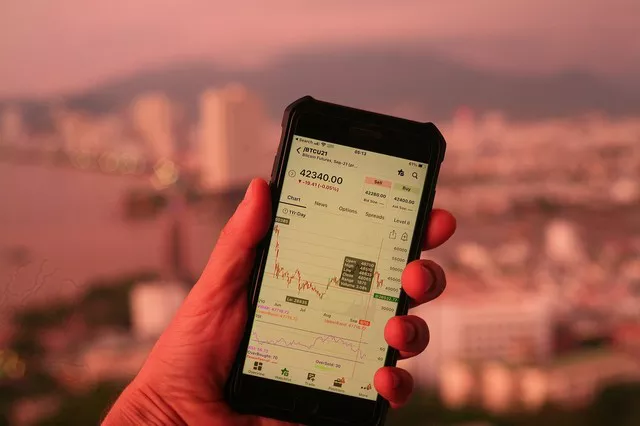Sugar futures contracts are integral components of the commodities market, providing investors with a means to speculate on the future price movements of sugar and manage risk exposure in the sugar industry. These futures contracts serve as essential tools for producers, consumers, traders, and investors alike, offering transparency, liquidity, and price discovery in the global sugar market. In this article, we delve into the intricacies of sugar futures contracts, exploring their definition, characteristics, trading mechanisms, and significance in the commodities market.
Definition of Sugar Futures Contracts
Sugar futures contracts are standardized agreements to buy or sell a specified quantity of sugar at a predetermined price on a specified future date. These contracts are traded on regulated futures exchanges, such as the Intercontinental Exchange (ICE) and the New York Mercantile Exchange (NYMEX), providing participants with a transparent and efficient marketplace for price discovery and risk management. Sugar futures contracts typically represent a certain amount of sugar, such as 112,000 pounds (50 metric tons) for raw sugar or 112,000 pounds (112,000 pounds) for white sugar, and have standardized delivery dates and contract specifications.
Characteristics of Sugar Futures Contracts
Sugar futures contracts possess several key characteristics that distinguish them from other financial instruments:
1. Standardization: Sugar futures contracts are standardized in terms of contract size, quality specifications, delivery dates, and trading hours. This standardization ensures uniformity and facilitates trading and settlement processes for market participants.
2. Margin Requirements: Trading sugar futures contracts requires posting an initial margin, which serves as collateral to cover potential losses. Margin requirements are set by futures exchanges and vary depending on factors such as contract size, volatility, and market conditions.
3. Price Quotation: Sugar futures contracts are quoted in cents per pound for raw sugar and dollars per metric ton for white sugar. Prices are determined based on supply and demand fundamentals, global production trends, weather conditions, geopolitical factors, and other market dynamics.
4. Delivery and Settlement: Sugar futures contracts can be settled through physical delivery or cash settlement, depending on the preferences of the market participants. Physical delivery involves the actual transfer of sugar from the seller to the buyer at a designated delivery point, while cash settlement involves settling the contract based on the cash value of the underlying asset at expiration.
Trading Mechanisms for Sugar Futures Contracts
Sugar futures contracts are traded on electronic trading platforms operated by futures exchanges, providing investors with access to global markets and around-the-clock trading opportunities. Participants can trade sugar futures contracts through futures brokers, online trading platforms, and direct access to futures exchanges. When trading sugar futures contracts, investors can take advantage of various trading strategies, including speculation, hedging, spread trading, and arbitrage, to capitalize on price movements and manage risk exposure effectively.
Significance of Sugar Futures Contracts
Sugar futures contracts play a vital role in the sugar industry and broader commodities market, serving several important functions:
1. Price Discovery: Sugar futures contracts provide a transparent and efficient mechanism for price discovery, allowing market participants to assess supply and demand dynamics, anticipate future price movements, and make informed trading decisions.
2. Risk Management: Sugar futures contracts enable producers, consumers, traders, and investors to hedge against price volatility and manage risk exposure in the sugar market. By entering into futures contracts, market participants can lock in prices, protect against adverse price movements, and mitigate potential losses.
3. Market Liquidity: Sugar futures contracts enhance market liquidity by providing a centralized marketplace for buying and selling sugar, attracting a diverse range of participants and facilitating seamless price discovery and execution of trades.
4. Global Trade: Sugar futures contracts facilitate international trade and commerce by providing a standardized platform for buying and selling sugar across borders. Futures exchanges serve as hubs for global market participants to access liquidity, manage risk, and engage in price discovery activities.
Conclusion
In conclusion, sugar futures contracts are essential instruments in the commodities market, providing investors with a means to speculate on the future price movements of sugar and manage risk exposure in the sugar industry. These standardized agreements offer transparency, liquidity, and price discovery in the global sugar market, enabling producers, consumers, traders, and investors to hedge against price volatility, lock in prices, and mitigate potential losses. By understanding the characteristics, trading mechanisms, and significance of sugar futures contracts, market participants can navigate the complexities of the sugar market effectively and capitalize on trading opportunities in this dynamic and essential commodity sector.


